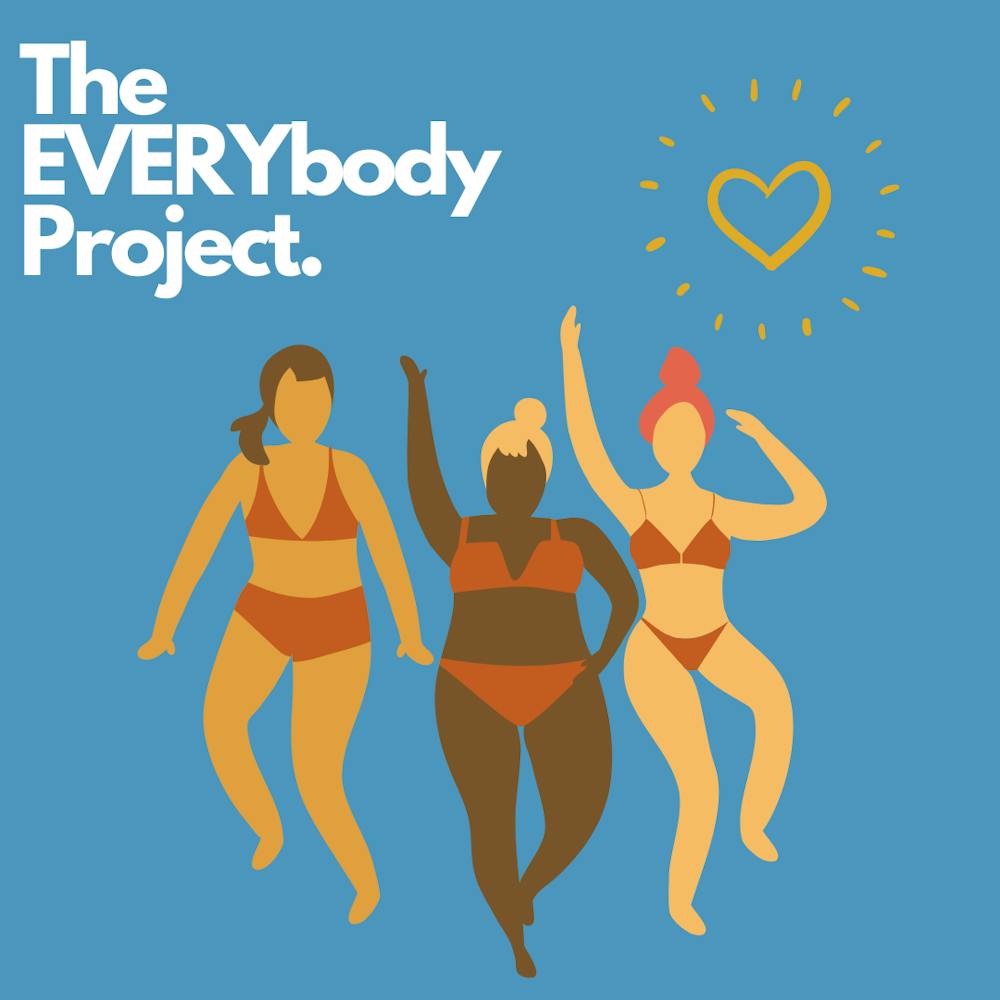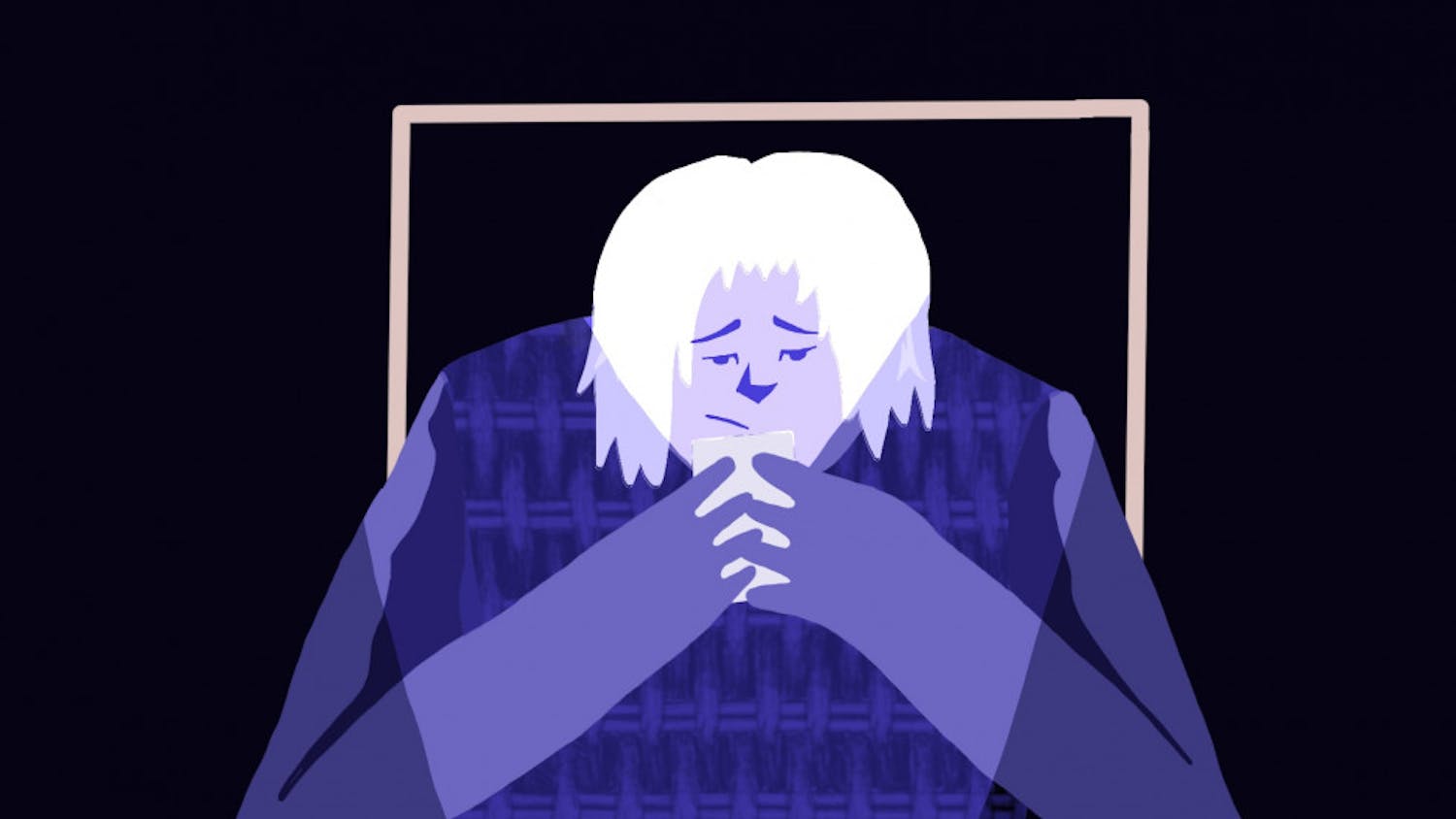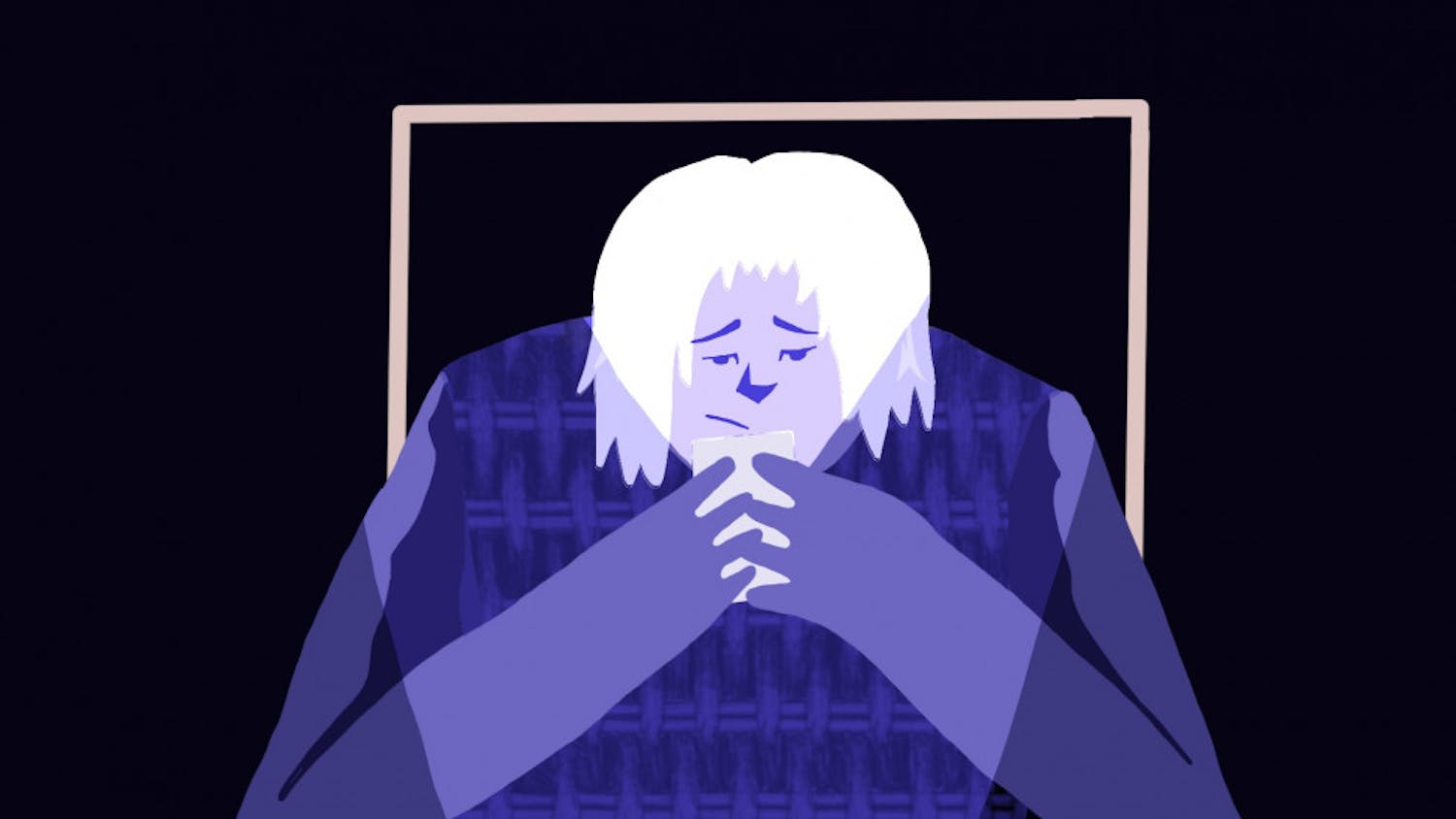Content Warning: This article contains language that may be triggering or traumatizing to some readers. CW: eating disorders and body dysmorphia.
Students and faculty of the EVERYbody Project at Western Washington University are working to deconstruct harmful beauty standards with their recently published research.
The EVERYbody Project, started in 2015 by Western’s Eating and Body Image research lab, promotes a positive way of thinking about bodies.
“The EVERYbody Project produced greater reductions in eating disorder symptoms, internalized appearance norms, body dissatisfaction, and negative affect” according to the project abstract.
According to its website, the EBI research lab is a group of psychology students at Western. They are dedicated to understanding why eating and weight disorders develop, with the goal of improving access to interventions for eating, weight and body image issues.
Anna Ciao is the EBI lab director and an associate professor of social sciences in the College of Humanities & Social Sciences at Western. Recently, Ciao and her assistants at the EBI lab published findings based on two years of research surrounding body image.
This research focused on the EVERYbody Project’s effects on students with eating disorders, body image dissatisfaction and general body confidence.
This study consisted of college students participating in a group intervention through the EVERYbody project to improve body acceptance. This was geared toward students who have experienced difficulty with self-love and body image perception, Ciao said.
The EVERYbody Project consists of a series of video and writing workshops facilitated by EBI lab faculty and staff. The two-hour, two-session project takes place over the course of a couple of weeks. Participants sign up for two hours for one week and two hours for the next week, said Ally Duvall, a research assistant at the EBI lab.
Homework exercises are then completed between each session that help students learn and grow in their beliefs about their bodies in a more positive light. This project is currently all online due to COVID-19.
“We teach things about body acceptance, body neutrality and radical self-love. We make room for students to learn and grow in their beliefs about their bodies,” Duvall said.
According to the project's abstract, this study pushes for racial and sexual diversity, and disability inclusion. Around half of the participants in both trials self-identified in one or more specific marginalized identity categories.
The EBI lab took a program that was developed for cisgender women and made it more diverse in terms of its focus on gender. It was important to start the conversation about how society excludes certain identities in the body positivity movement, Ciao said.
The project used data from female, male and gender-inclusive participants, according to the project abstract.
This project aimed to reshape people’s relationships with their bodies into ones that can flourish. This is why this project is also an eating disorder risk reduction program.
“People are at greater risk of eating disorders when there is pressure from society about how their body should look,” Ciao said.
This pressure can also come from family, friends, environment and culture. The EVERYbody Project allows people to come together and discuss those feelings.
“Your body is an important vessel for you to navigate the world in,” Ciao said. “We all deserve to go through the world strong and vibrant, and not worry about our size, shape, or what other people think. We all have a body that we have to exist in, so people should have the tools to make peace with it.”
Janel Matthias has a similar focus. Matthias is a photographer whose job is to promote body confidence in her clients. She does boudoir photoshoots, capturing body image through the art of photography in a way that makes her clients feel confident and sexy in their own skin.
Through the art of photography, Matthias is able to walk people through a positive experience of embracing their bodies. Loving your body starts with loving yourself and discovering the many layers of self-love, Matthias said.
Improving how young people perceive their bodies at an early age is a key step in body positivity, Duvall said. This is why the EBI lab will start to do EVERYbody workshops at Shuksan Middle School this upcoming year.
This collaboration with staff and students aims to start critical conversations about body image, eating disorders and habits early on. The partnership with Shuksan aims to make Western students role models for these middle schoolers.
“I can’t tell you how many people have said, ‘Why did I not have this sooner?’” Duvall said. “And that’s the real question, why are we not doing this sooner? Because everyone is impacted by body-image pressures.”
The EBI research lab plans to meet in person and remotely this fall. Students can participate in the program by reaching out via email or visiting the Sona Research Participation System website. You can access the EBI lab’s published research article here. The EBI lab’s instagram is @wwu.ebi.lab.
Rowan Westwood (she/her) is a campus news reporter for The Front. She is a senior double majoring in Communication studies and Journalism News/Editorial. In her free time she enjoys spending time with friends, consuming poetry, drinking copious amounts of caffeine and listening to sad indie pop.
You can reach her at rowanwestwood.thefront@gmail.com or @rowestwood on Instagram.






